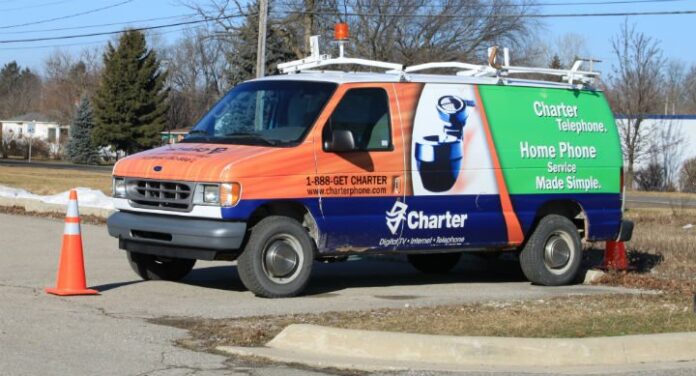Facing numerous regulatory challenges before finalization, Charter Communications finalized its $60 billion acquisition of Time Warner Cable to become the second biggest cable operator in the United States. Comcast remains No. 1.
In April, the Federal Communications Commission took the opportunity to include a consumer-friendly catch designed to ensure cord cutters have at least some protection. The FCC is requiring Charter to ensure no data caps are imposed on customers for seven years following the transaction. As the trend of abandoning cable bundles for standalone Internet and subscription to streaming platforms like Hulu, Netflix or HBO Go continues to impact cable companies’ bottom lines, data caps are regarded as a way to discourage that movement.
For television, the new company has upward of 17 million customers in addition to 19.4 million broadband subscribers, making it the second-largest broadband Internet provider in the U.S. with customers in 40 states.
Tom Rutledge, CEO of the new company, told The Wall Street Journal, “current Bright House Networks and Time Warner Cable customers won’t see many changes right away, though in the coming months they will begin to hear more from us about the Spectrum brand, and the product improvements and consumer-friendly policies that come with it.”

Charter completes $60 billion buy of Time Warner Cable
ABOUT AUTHOR
